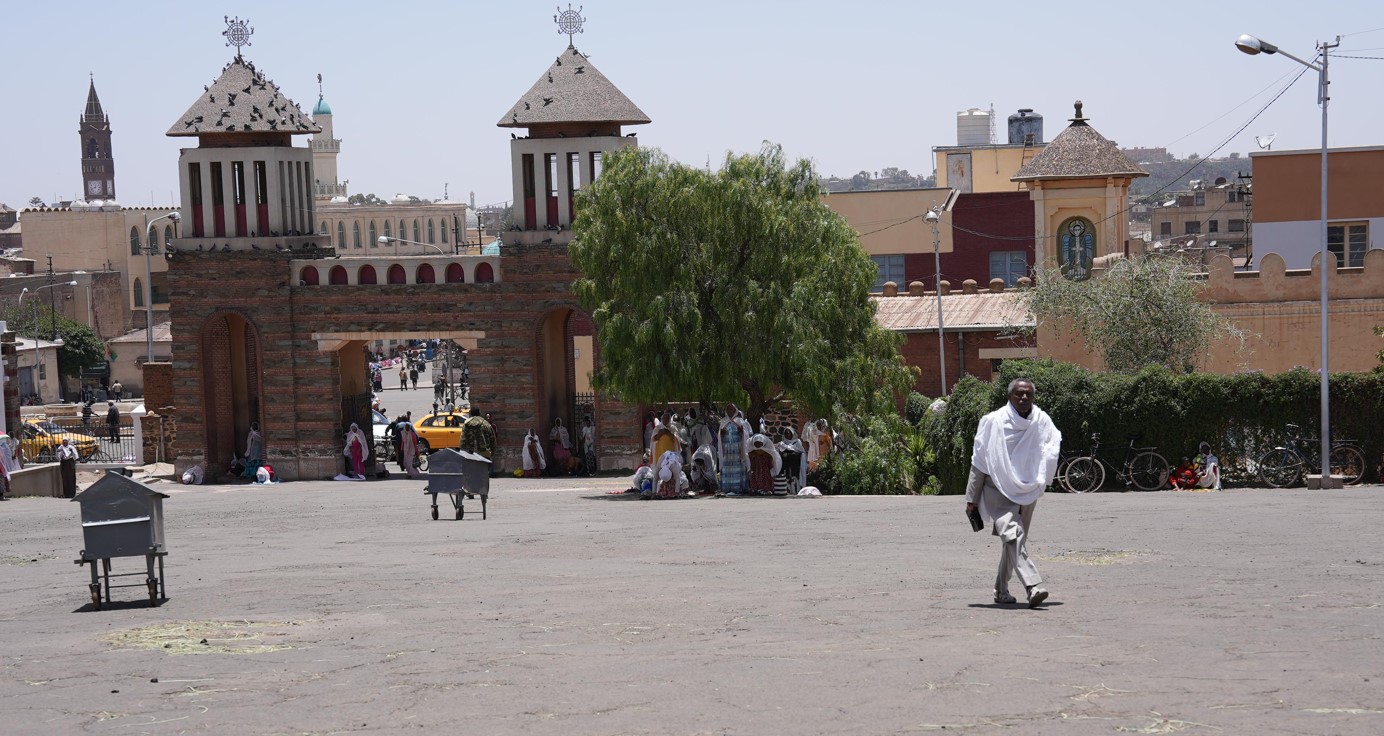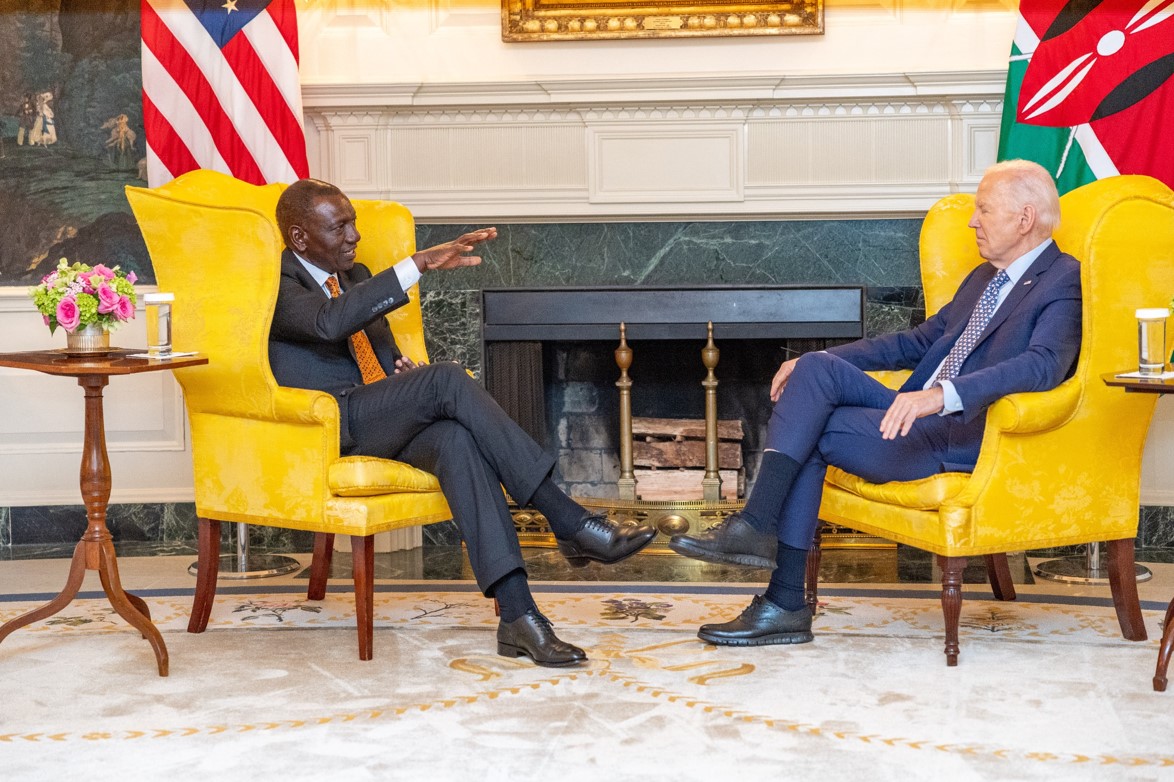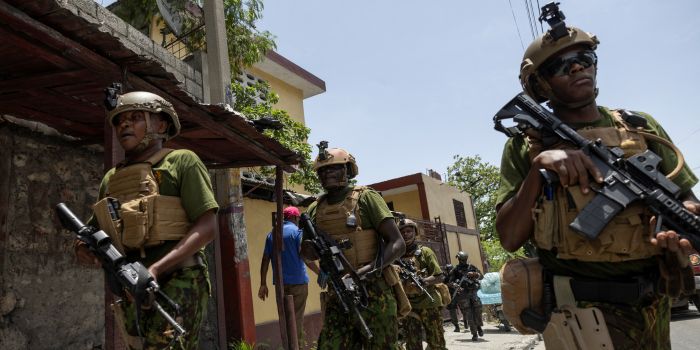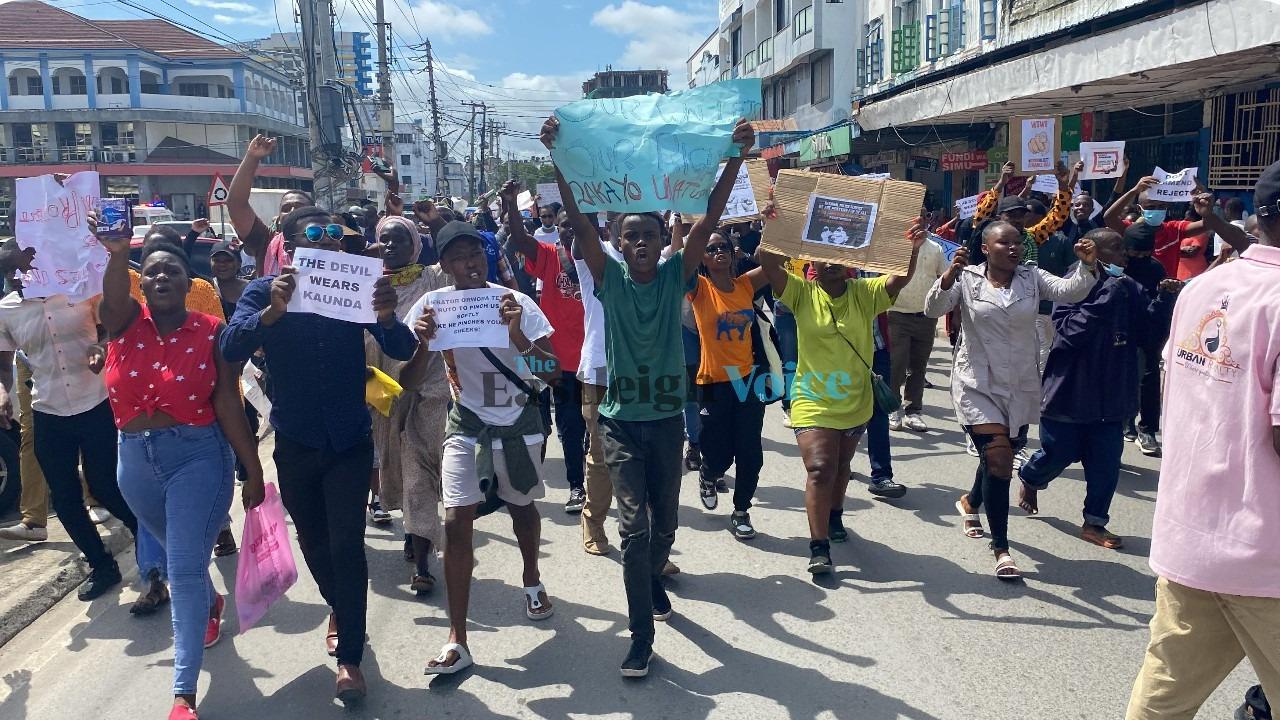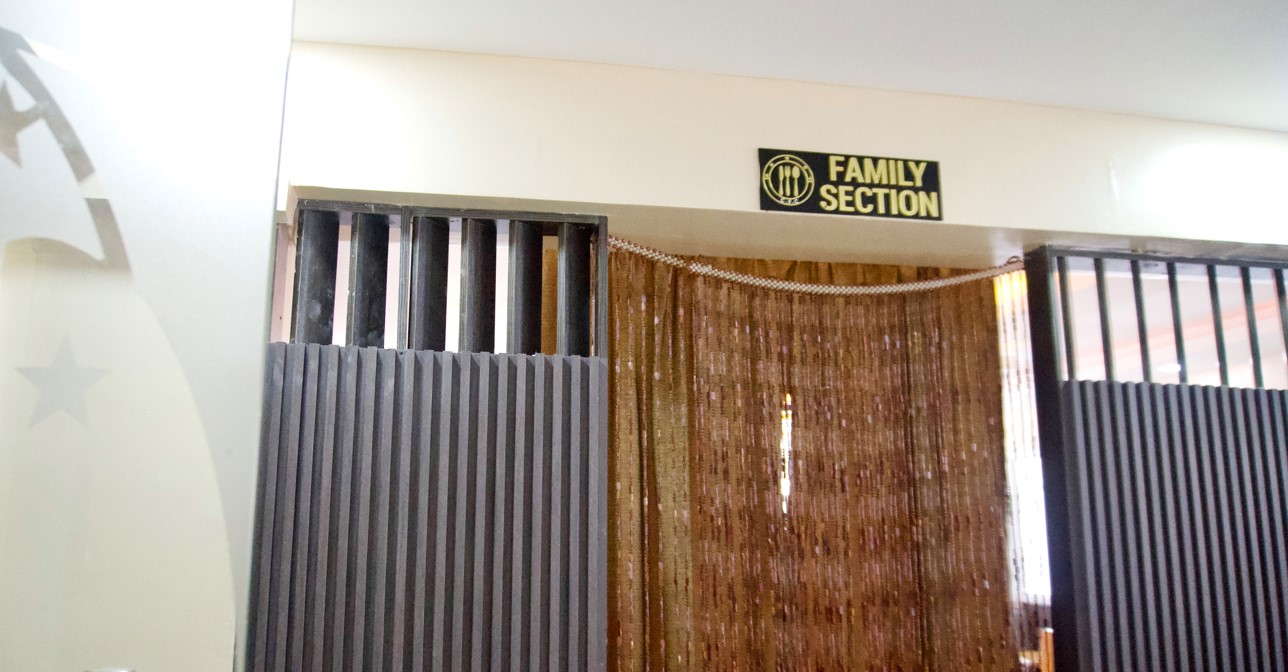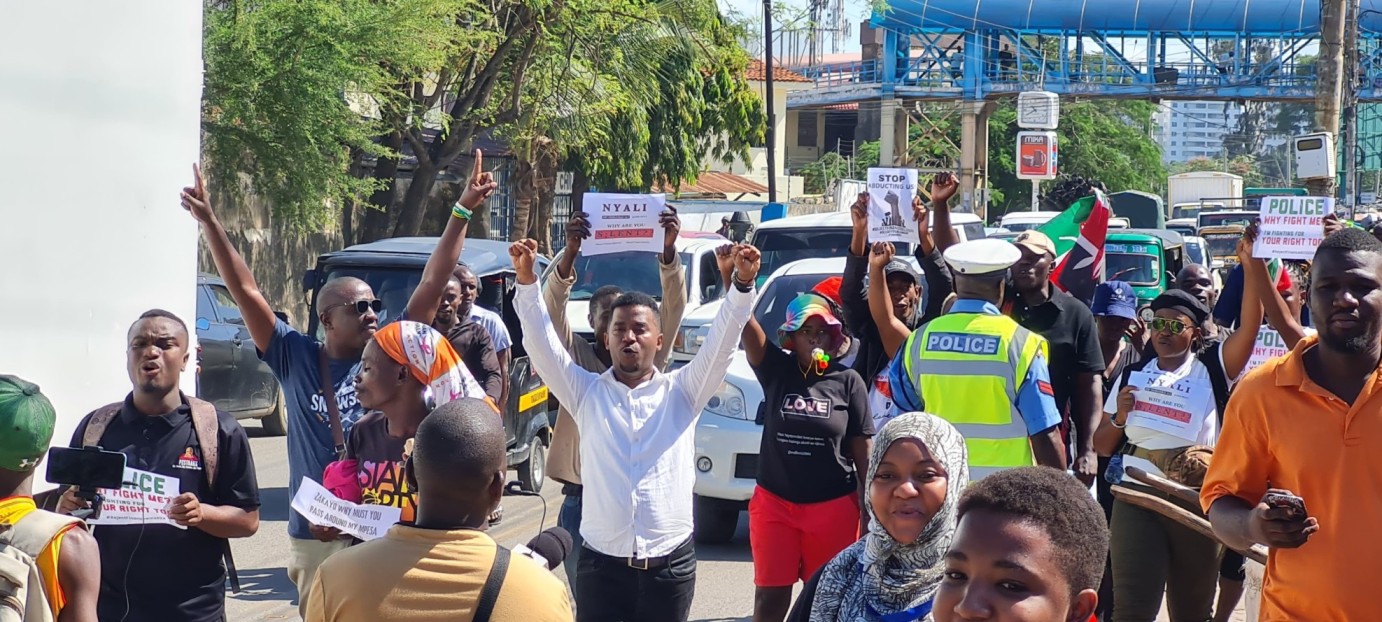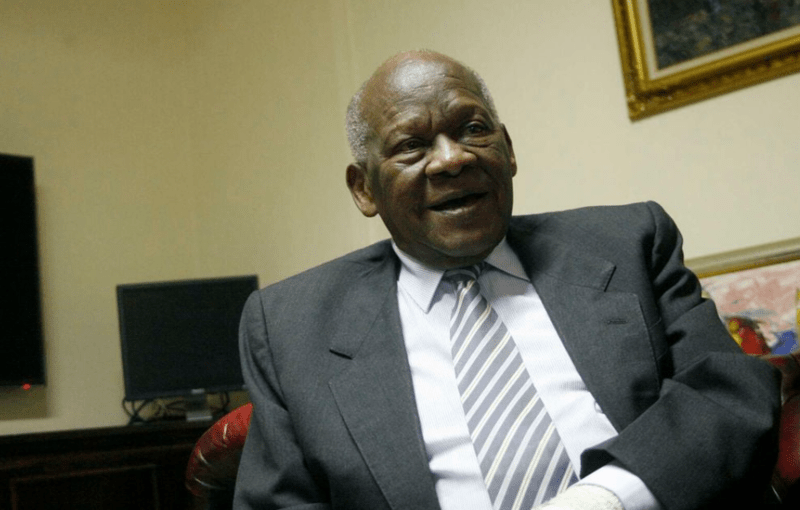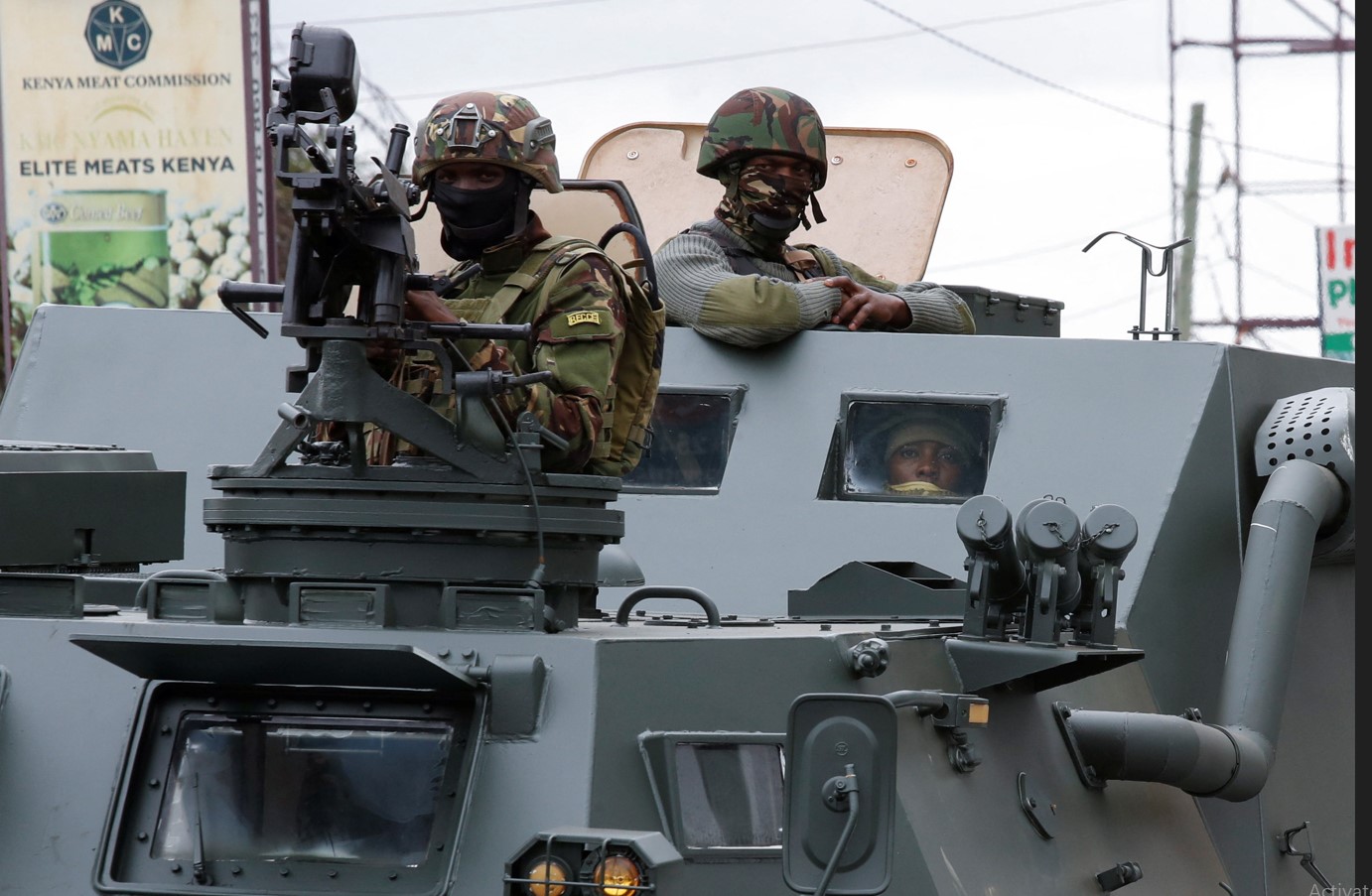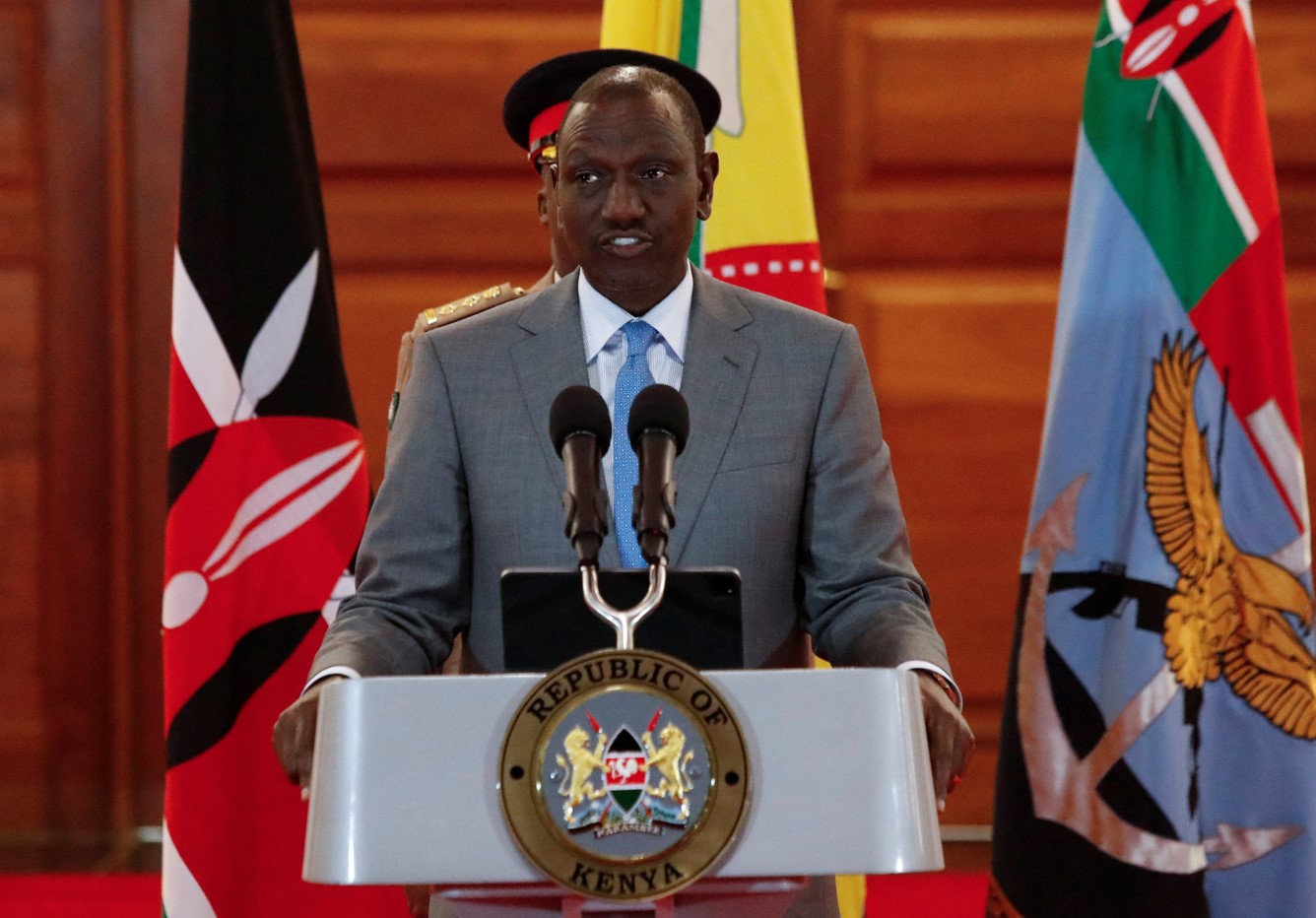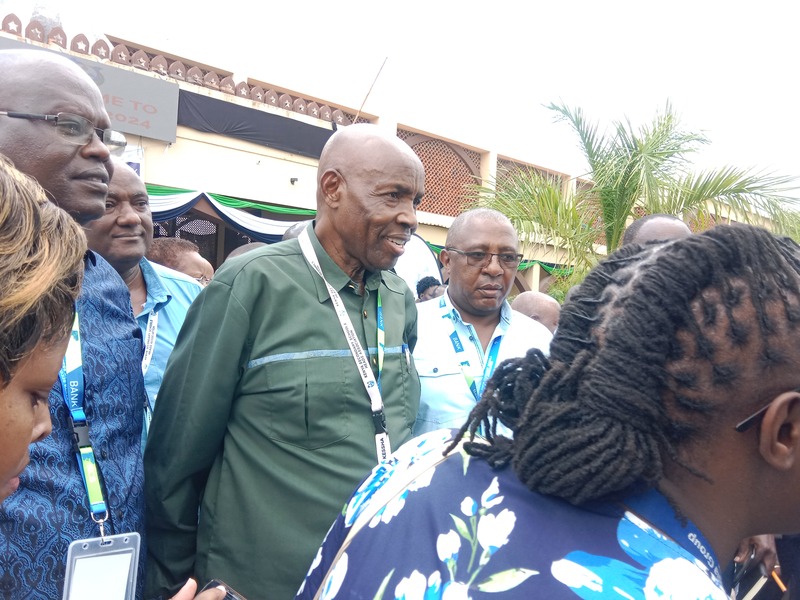Relief for learners in ASALs as MPs restore school feeding programme
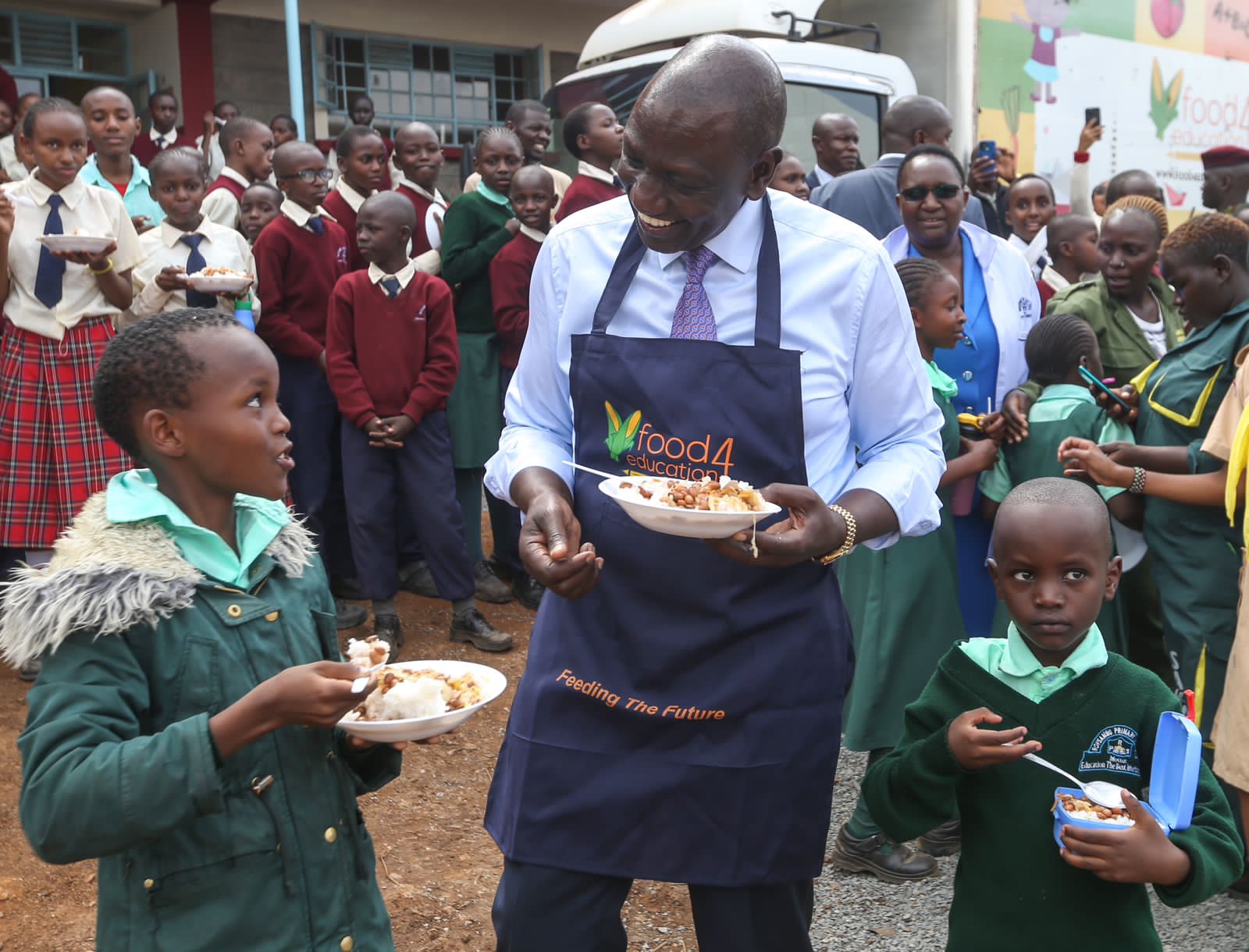
By Barack Oduor |
The reinstatement of the Sh2 billion budget for the programme is a big relief to learners from regions hit by drought and famine, as the lack of basic needs such as food and water keeps them away from school.
Lawmakers on Monday moved to ensure children from vulnerable regions continue benefiting from the school feeding programme by the Ministry of Education, overruling the Treasury's budget cut, which had raised concerns.
The reinstatement of the Sh2 billion budget for the programme is a big relief to learners from regions hit by drought and famine, as the lack of basic needs such as food and water keeps them away from school.
Keep reading
The National Assembly Education Committee has reversed budget cuts for the financial year starting July 1. Chairperson Julius Melly, while appearing before the Budget and Appropriations Committee, said it had been reinstated under the budget for the National Council for Nomadic Education in Kenya (NACONEK).
Treasury Cabinet Secretary Njuguna Ndung'u had done away with the allocation in the proposed budget estimates for the financial year 2024/25 evoking concern from education stakeholders. The feeding programme was allocated Sh4.9 billion in the financial year ending June 30, 2024.
"The committee has reinstated the Sh2 billion under the NACONEK for this important programme," Melly said. "The committee recommends that the Budget and Appropriations Committee consider allocating an additional Sh3 billion so that the entire amount is reinstated."
He explained that this is a critical intervention which supports the retention of learners in schools in marginalised areas, especially in ASALs and slums in urban settings.
"This allocation should be provided under the NACONEK which is the institution tasked with implementing this programme," Melly said.
The Treasury has allocated Sh642 billion to finance the education programme in the financial year 2024/25, a Sh47 billion reduction from the current Sh689 billion.
Kiharu MP Ndindi Nyoro, who chairs the Budget and Appropriations Committee, demanded to know what it will cost for the government to feed children assuming the lack of a supplementary budget.
"It should be very clear that education is our number one priority. We make the budget assuming there is not going to be a supplementary budget," Nyoro said.
"The 2024/25 financial year will have no supplementary budget. Are you going to survive as a ministry? We have had floods and a drought and Kenyans want to survive. If there is not going to be a supplementary budget, how much money is needed for the school feeding programme?"
Further, Nyoro supported Melly's proposal for 46,000 junior secondary school (JSS) intern teachers hired on permanent and pensionable terms.
The Education Committee has proposed that JSS teachers be employed on these terms, with the hiring backdated from January 2025 to July 2024.
"We need to provide the money in the budget for hiring JSS teachers on permanent and pensionable terms, assuming there will be no supplementary budget," Nyoro urged.
"The first batch had 26,000 and the second one 20,000. We want to know how much it will cost to hire all 46,000 JSS teachers on permanent and pensionable terms. We want to know how much it will cost us if we bring back the employment of intern teachers from January 2025 to July 2024. They have endured and sacrificed their time to teach our children as interns."
Embakasi East MP Babu Owino demanded that all intern teachers be hired on permanent and pensionable terms going forward.





